A calorie is the amount of energy contained in food. When we take part in physical activity, the calories are burned up as energy. Keeping track of our calorie consumption and energy use can help you control your weight.
All the food that we eat have a calorie measurement. This shows us how much energy we will eat per weight of food. By comparing the calorie content of different foods, we can make responsible choices about the type of food to eat to stay healthy.
If we eat more calories than energy used, the calories get stored on the body as excess fat. Therefore, people who eat food which is high in calories and do not exercise much can develop weight problems.
How many calories are included in my food?
We all need to eat calories to get enough energy for our bodies to function healthily. Each person will require a different number of calories depending on their size, age and amount of exercise that they do.
Some foods such as fast food contain ’empty calories’ these are foods which are high in energy but low in nutrition. Foods such as bacon and ice cream contain the most empty calories.
The following foods are associated with containing empty calories.
Foods which contain solid fats and added sugars
- Cakes
- Donuts
- Cookies
- Ice cream
- Pastries
Foods which contain solid fats
- Ribs
- Pizza
- Sausages
- Cheese
- Hot dogs
- Bacon
Foods which contain added sugars
- Energy drinks
- Sports drinks
- Fruit drinks
- Sodas
Sugary drinks are a prominent source of calorie consumption. 50% of people consume at least one sugary drink each day. Sugary drinks account for about half the calories per day for the average person.
If possible these types of foods and drinks should be replaced by foods with high nutritional value.
Follow this link to see what 100 calories looks like in the food that you eat.
How do calories affect health?
When we eat more calories than we burn up as energy, the energy gets stored as body fat. People who are overweight usually eat more calories than people of a healthy weight.
People who are overweight are more at risk of developing the following health problems:
- High blood pressure
- Diabetes
- Heart disease
- High cholesterol
Eating too few calories will also pose several health risks also. If you do not eat enough calories, you will experience the following health issues:
- Reduced muscle mass to provide energy for the functioning of vital organs ( catabolism).
- Sluggish behaviour and irritableness
- Nutrition deficiencies
- Electrolyte imbalances
- Low-potassium levels
- Low blood sugars
- Gallstone formation
How to eat the right number of calories
If you are a highly active person you will require a larger number of calories to replace the energy that you have used. The more physical activity that you engage in, the more calories your body will require.
Although each individual will require a different number of calories there is an average baseline for required calorie consumption. The average number of calories for a man is 1800 and 1200 for women.
Be aware of the number of calories contained in the food that you buy. Always read the nutrition label on food packaging to see the amount of energy included.
You can use this calorie checker to find out how many calories are included in your food.
The number of calories will usually be counted as kcals (kilocalories) or kJ (kilojoules). A kcal represents a single calorie and a kJ is the metric measurement. You can work out the amount of energy in a kJ by multiplying the calorie count by 4.2.
Many food labels provide a calorie count per 100 grams or 100 millilitres of the product. This makes it easier to compare the amount of energy included in a variety of foods.
Be aware that some packaging provides calorie information based on a portion size. The size of the portion indicated may not be the same size as the portion that you serve. So you may find that you are eating more calories per portion than detailed by the manufacturer.
Find out more about reading food labels here.
How can I burn off the calories that I eat?
If you find that you are gaining weight, this may be an indication that you are eating more calories than you are burning off. The amount of exercise required to burn off calories will depend on your age and size.
The type of physical activity that you engage in will also determine how many calories that you burn off. A more vigorous activity will burn off more calories than less active exercise.
Losing weight means that you need to use up more energy than you eat. This means that you should try to eat foods which contain less calories alongside an increase in physical activity.
Finding the right balance between the amount of food that you eat and the amount of activity that you undertake will ensure that you maintain a healthy body weight.
To find out if you need to lose weight, you can use this BMI weight calculator.
A BMI healthy weight calculator will use your age, weight and height to work out if you need to consider losing weight.
